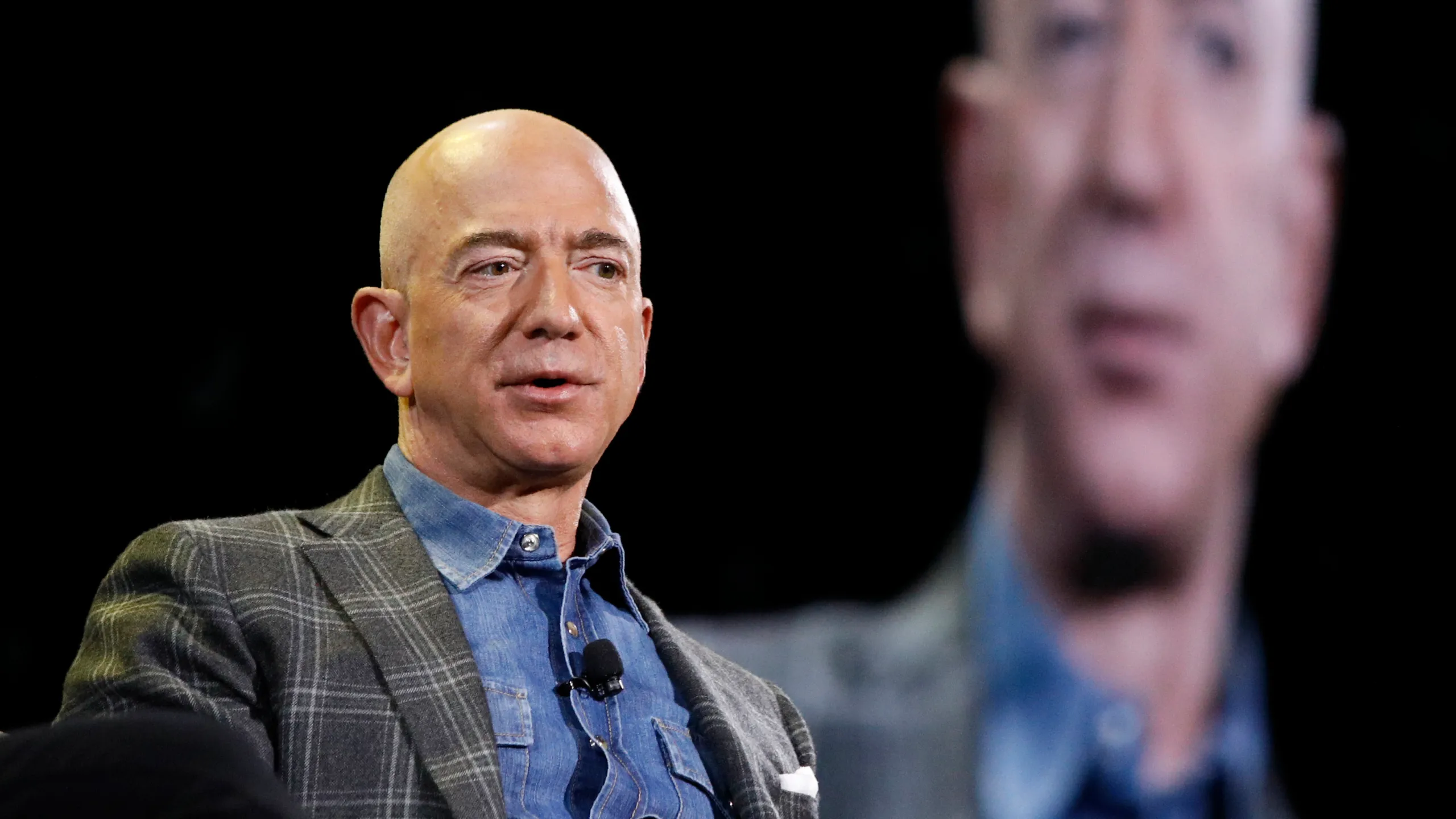Jeff Bezos, the founder and former CEO of Amazon, has recently made headlines with his substantial sale of Amazon stock, amounting to billions of pounds.
This move has sparked curiosity and speculation about its implications for Bezos, Amazon, and the broader market. Understanding the context, motivations, and potential outcomes of such a significant divestment is crucial in analyzing its impact.
The Sale: A Strategic Move
Bezos’ decision to sell billions of pounds worth of Amazon stock is not merely a random act but rather a strategic move influenced by various factors. One key factor is diversification. Despite being a highly successful company, Amazon’s stock represents a significant portion of Bezos’ wealth. By divesting a portion of his holdings, Bezos reduces his exposure to the volatility of Amazon’s stock price, thus diversifying his investment portfolio. This move aligns with prudent financial planning, as it mitigates risk and provides Bezos with liquidity to explore other investment opportunities.
Read also: Amazon faces lawsuit over alleged deceptive practices
Moreover, Bezos’ sale of Amazon stock could be driven by personal reasons. As the founder of the company, Bezos has devoted decades of his life to building Amazon into the e-commerce behemoth it is today. However, maintaining a large stake in the company may tie Bezos to its fortunes more closely than he desires. Selling a portion of his holdings allows Bezos to unlock value and potentially pursue other interests or philanthropic endeavours without being overly tied to Amazon’s performance.
Additionally, Bezos’ decision may also be influenced by market conditions and his outlook on Amazon’s future prospects. While Amazon continues to dominate various sectors and show strong growth potential, Bezos, like any savvy investor, may recognize the importance of capitalizing on favourable market conditions. By selling stock at a high valuation, Bezos maximizes the return on his investment and capitalizes on the market’s optimism surrounding Amazon.
Implications for Amazon and the Market
The sale of billions of pounds worth of Amazon stock by Bezos undoubtedly has implications for both the company and the broader market. From a corporate governance perspective, Bezos’ divestment raises questions about his ongoing involvement in Amazon’s strategic direction. As Bezos transitions into a less operational role and focuses on other ventures, such as his space exploration company, Blue Origin, investors may scrutinize how this leadership change could impact Amazon’s long-term trajectory.
Furthermore, Bezos’ sale may signal to other investors and stakeholders that he believes Amazon’s stock is currently overvalued or that he has concerns about its future growth potential. While Bezos remains optimistic about Amazon’s prospects overall, his decision to sell a substantial portion of his holdings could lead to increased scrutiny from investors and analysts, potentially affecting market sentiment towards the company.
However, it’s essential to note that Bezos’ sale of Amazon stock does not necessarily reflect poorly on the company’s fundamentals. Amazon continues to innovate and expand into new markets, driven by its relentless focus on customer satisfaction and technological innovation. Bezos’ divestment may simply be a strategic reallocation of assets rather than a lack of confidence in Amazon’s business model or growth prospects.
Jeff Bezos’ sale of billions of pounds worth of Amazon stock represents a strategic move driven by a combination of factors, including diversification, personal considerations, and market conditions. While the sale has implications for Amazon and the broader market, it’s essential to interpret it within the context of Bezos’ long-term vision for both himself and the company he founded. As Bezos continues to navigate his role at Amazon and explore new opportunities, his actions will undoubtedly shape the trajectory of one of the world’s most influential companies.
